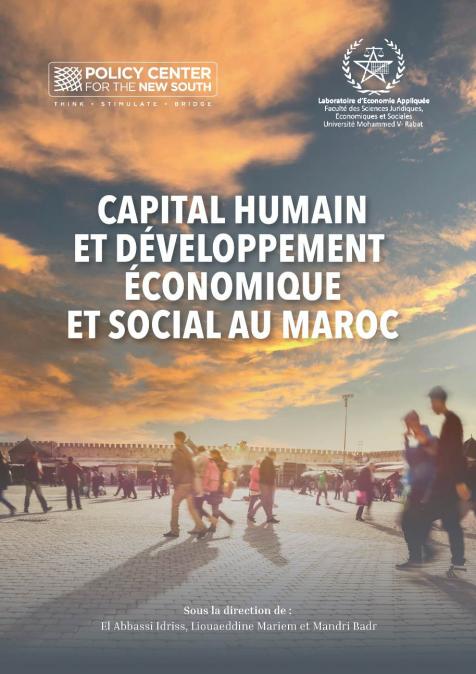Publications /
Opinion
Eric Ntumba, a young Congolese banker, came from Kinshasa in December 2017 to participate in the Atlantic Dialogues Emerging Leaders Programme of the Policy Center for the New South (PCNS) in Marrakech. At that time, when asked what his dream was, he immediately said he would like : « to become President of the Democratic Republic of Congo (DRC) and bring about inclusive development, so that the country’s enormous potential can be finally transformed into power. My dream is that each Congolese child be able to fulfill his or her own dream! »
Eric Ntumba is one of those who think big and do not easily admit defeat. In Marrakech, he met several people from diverse backgrounds at the Atlantic Dialogues Conference who « enriched » his vision of the world and offered him new opportunities. He further explained that « if I had not met the Brazilian economist Otaviano Canuto, a Senior Fellow of the PCNS, I would not have signed a chapter with him on the risks of an international financial crisis in 2018 in the Atlantic Currents Report ».
In search of an alternative
He also wrote a paper on the geopolitics of Central Africa at the African Peace and Security Annual Conference (APSACO) 2019, organized in Rabat by the PCNS. His thoughts focused on the trend towards « elections without democracy » that affects his subregion. « In Central Africa, development indicators are the worst in Africa », he went on. It is also the region where presidents exercise power much longer than anywhere else, where young people are brutally repressed, where the electoral exercise amounts to a parody and where democracy is constantly denied, as it is reflected in this famous saying of Gabon’s former President, Omar Bongo: « One does not organize elections to end up on the losing side… ».
While noting with interest the wave of citizen movements that has emerged across Africa, including the DRC, Eric Ntumba points out however that it is « not backed by an alternative political offer that would make it possible to have MPs, mayors, ministers ». It is this alternative that he constantly thinks about, like others from his generation.
Eric Ntumba happened to be in good hands. He grew up in a family which was in direct touch with the world of politics. His father, Alphonse Ntumba Luaba, a law professor, a former deputy minister of justice, and a former human rights minister, was one of the negotiators of the 2002 Sun City Peace Agreement, which put an end to the second war of Congo. Then, as the Secretary General of the Transitional Government (2003-07), he chaired the International Conference on the Great Lakes Region (ICGLR) from 2011 to 2016.
You can consult Eric’s Portrait along with others on the ADEL Portrait page








